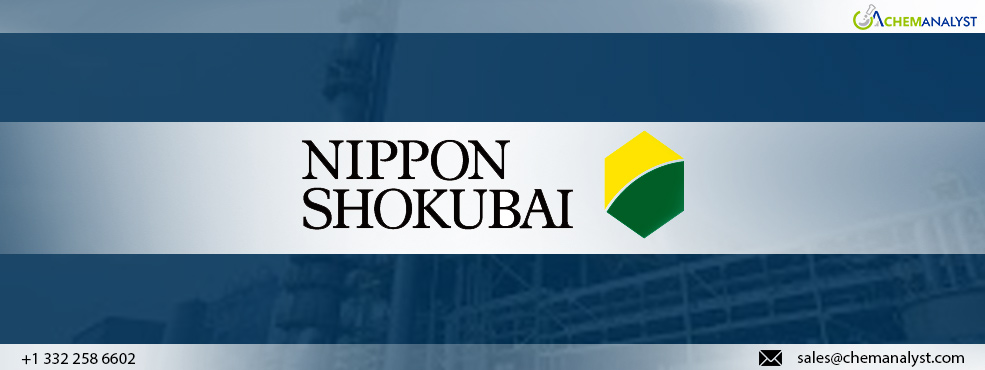Welcome To ChemAnalyst

PT. NIPPON SHOKUBAI INDONESIA, the Indonesian arm of NIPPON SHOKUBAI CO., LTD. headquartered in Osaka, Japan, under President Kazuhiro Noda, has obtained ISCC PLUS* certification for Acrylic Acid, Acrylates, and Superabsorbent polymers. This achievement marks the commencement of manufacturing and marketing of these certified products. With this certification, the Nippon Shokubai Group has established a global supply system to produce and distribute these certified products in Belgium, Japan, and Indonesia, utilizing biomass-derived raw materials allocated through the mass balance method.
Acrylic acid and acrylates serve as essential components in paints, adhesives, and various other applications, while superabsorbent polymers are integral to the production of disposable diapers. By offering ISCC PLUS certified versions of these products to customers, Nippon Shokubai aims to minimize environmental impact across the product supply chain and foster a circular economy.
The products endorsed with ISCC PLUS certification have previously been accredited by the Indonesian Halal certification authority.
The rising global focus on combating climate change has spurred a greater need for biomass-based products. Moreover, the requirement for Halal certification is expanding across various sectors and products, especially in regions with significant Muslim populations. To meet these evolving demands, the Nippon Shokubai Group plans to not only cater to the local market in Indonesia and Southeast Asia but also on a worldwide scale by producing and distributing Halal-certified and biomass-derived products through NSI. In line with our pledge to attain carbon neutrality by 2050, we will implement the strategies delineated in the Group's long-term vision and mid-term management plan. This initiative aims to bolster customer value while actively participating in the creation of a sustainable society.
The ISCC PLUS certification, created by the International Sustainability and Carbon Certification (ISCC) system GmbH in Germany, is a third-party certification program. It is designed to oversee and ensure the sustainability of raw materials and products, including biomass and recycled materials, throughout the supply chain.
Nippon Shokubai Group pledges to adhere to and confirm its compliance with the ISCC PLUS standards, following the most recent ISCC regulations.
The product lineup encompasses a variety of substances, ranging from acrylic acid and acrylates like ethyl acrylate, butyl acrylate, and 2-ethylhexyl acrylate, to superabsorbent polymers such as AQUALICTM CA. Each of these items holds dual certification from both ISCC PLUS and Halal certification authorities, ensuring compliance with stringent sustainability and religious standards.
PT. NIPPON SHOKUBAI INDONESIA, founded in August 1996, is situated in Cilegon, Banten Province, Republic of Indonesia, serving as both its headquarters and primary manufacturing plant. The company specializes in the production and distribution of acrylic acid, acrylates, and superabsorbent polymers. With a paid-in capital of 120 million USD, nearly all of which (99.9%) is contributed by Nippon Shokubai, PT. NIPPON SHOKUBAI INDONESIA operates with a dedicated workforce of 448 employees as of March 2024.
We use cookies to deliver the best possible experience on our website. To learn more, visit our Privacy Policy. By continuing to use this site or by closing this box, you consent to our use of cookies. More info.
